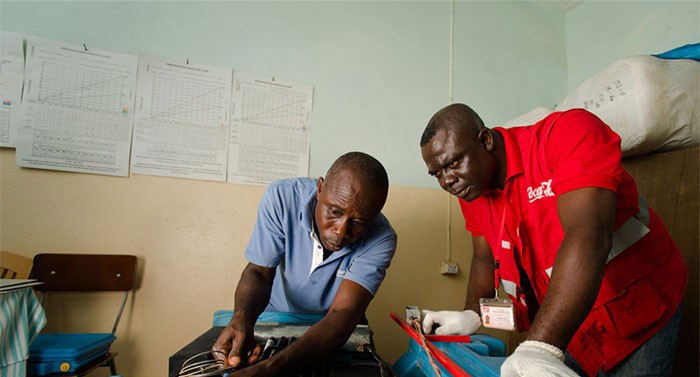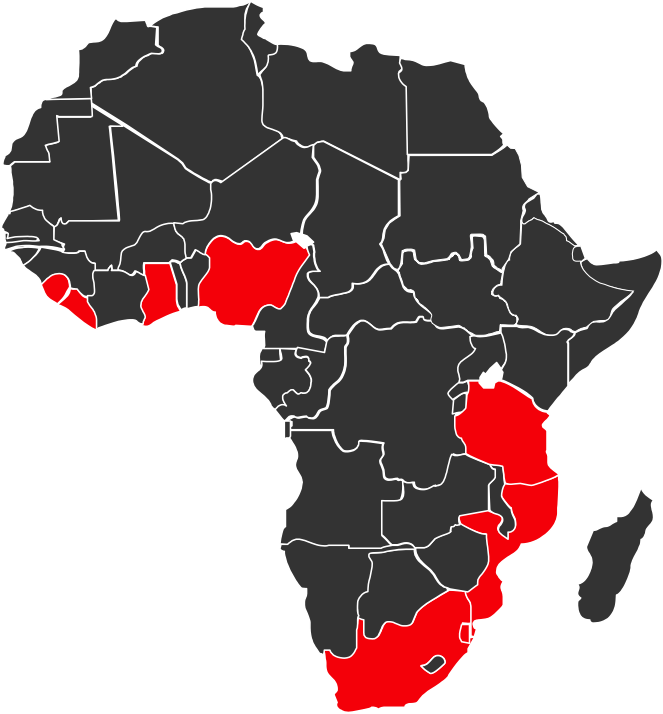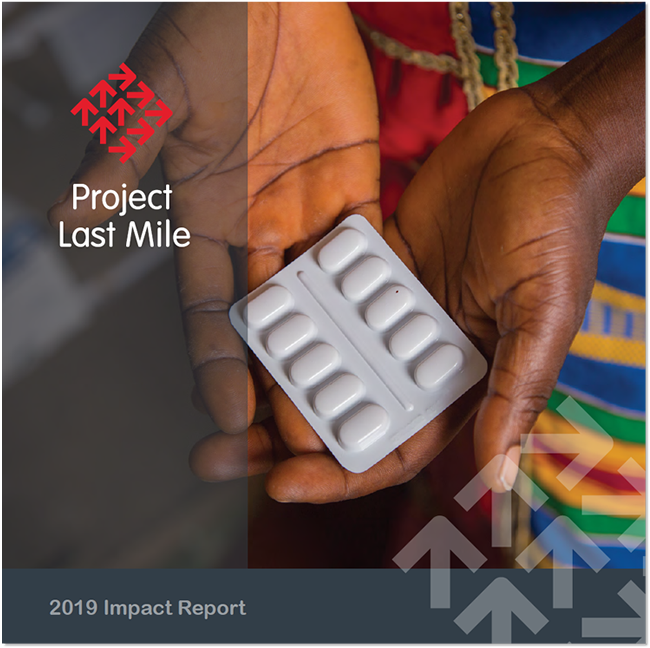- What We Do
- Agriculture and Food Security
- Democracy, Human Rights and Governance
- Economic Growth and Trade
- Education
- Environment and Global Climate Change
- Gender Equality and Women's Empowerment
- Global Health
- About Us
- Health Areas
- Health Systems and Innovation
- Center for Innovation and Impact
- AI in Global Health
- Blended Finance Roadmap
- Financing Framework
- Human-Centered Design
- Innovation Realized
- Intro & Scale
- Investing for Impact
- Market Shaping Primer
- Pathways to Scale
- Ready, Set, Launch
- Software Global Goods Valuation Framework
- Strengthening Primary Health Care
- UAVs in Global Health
- Value-Based Care
- e-Learning Courses
- Unleashing Private Capital
- Newsletter
- Data
- Gender and Health
- Health Systems Strengthening
- Vision for Action
- Center for Innovation and Impact
- Resources
- Humanitarian Assistance
- Transformation at USAID
- Water and Sanitation
- Working in Crises and Conflict
- U.S. Global Development Lab
Speeches Shim
“If one can find a bottle of Coca-Cola anywhere in the world, why not life-saving medicines?”

Across Africa, governments and donors have made progress in getting medicines into African countries. However, the medicine does not always reach the health facilities where people collect it, and nearly 50 percent of people lack access to these critical medicines. In contrast, a Coca-Cola product is available almost everywhere on the continent.
By leveraging the expertise and network of the Coca-Cola System, Project Last Mile is a pioneering public-private partnership with The Coca-Cola Company and Foundation, the Bill and Melinda Gates Foundation, The Global Fund, and USAID to help improve uptake of life-saving health services and to enable medicines to go to the “last mile” and benefit communities in Africa. Project Last Mile collaborates with regional Coca-Cola bottlers and suppliers to strengthen public health systems capacity in supply chain by sharing the expertise and network of the Coca-Cola System with the local Ministry of Health (MoH). To date, Project Last Mile has supported work in eight countries in Africa: Ghana, Liberia, Mozambique, Nigeria, Sierra Leone, South Africa, Swaziland, and Tanzania.
GLOBAL PARTNERS

Project Last Mile 2019 Impact Report
To learn more about Project Last Mile, its services, and impact, read the 2019 impact report [PDF, 3.8MB].

PROJECT LAST MILE FOOTPRINT
Learn more about each country's progress here:
Tanzania (2010 – present) [PDF, 1.0MB]
Ghana (2011 – 2013) [PDF, 2.0MB]
Mozambique (2016 – present) [PDF, 4.0MB]
South Africa (2016 – present) [PDF, 1.2MB]
Nigeria (2016 – present; 2015 set up) [PDF, 1.0MB]
Swaziland (2016 – present) [PDF, 3.0MB]
Liberia (2017 – present) [PDF, 4.0MB]
Sierra Leone (2017 – present) [PDF, 1.0MB]
PLM is looking to expand its impact to 10 countries in Africa by 2020. If you are interested in engaging with the program or have further questions, please contact cii@usaid.gov. To learn more, visit www.ProjectLastMile.com.
*Content provided by the PLM partnership program management office. Additional technical partners including the Global Environment and Technology Foundation, the Yale Global Health Leadership Institute, and Accenture Development Partnerships (ADP) manage the execution and evaluation of the programs within the local context.


Comment
Make a general inquiry or suggest an improvement.